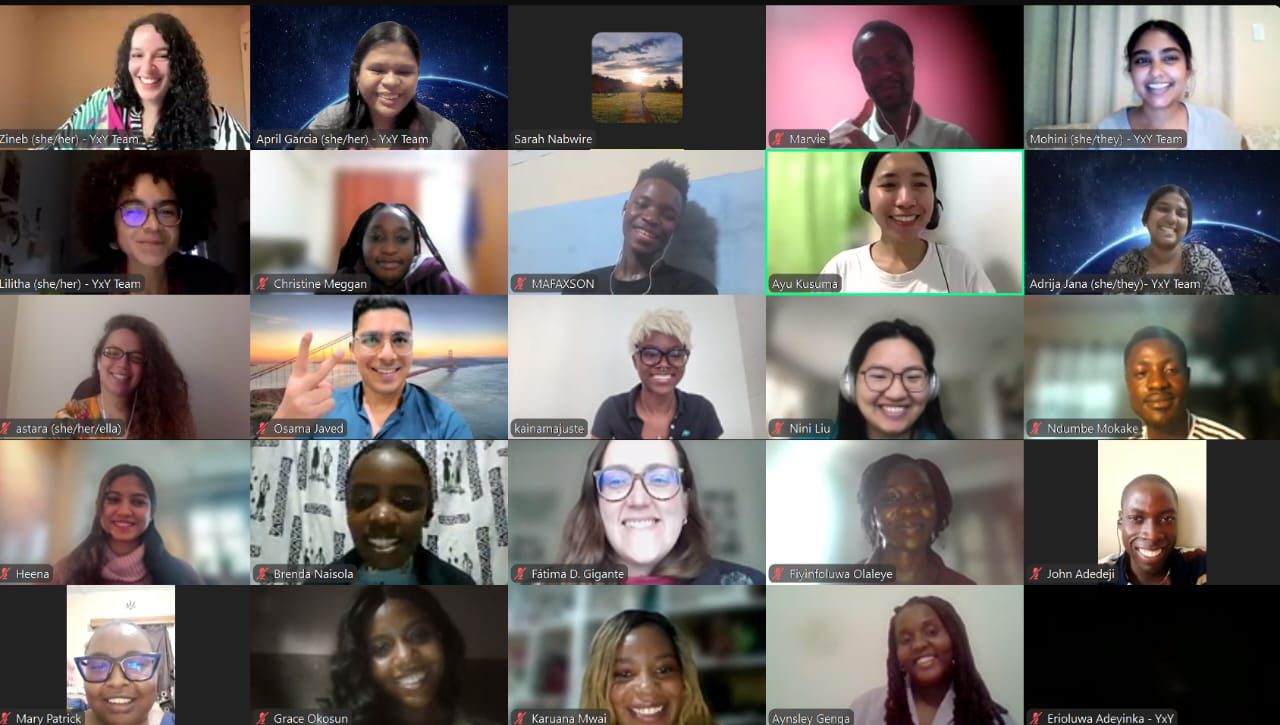Facts Behind the Irony of Quality Education
Education is, without a doubt, one of the most critical drivers of personal and societal progress. The widespread belief that education is the key to realising our full potential and creating a better future for all is widespread and deeply held. This statement, however, is only partially true and necessitates a more nuanced understanding of the challenges and limitations in the education field.
First, it is critical to recognise that access to high-quality education remains a significant challenge, particularly for marginalised communities and low-income countries. According to the United Nations Educational, Scientific, and Cultural Organization (UNESCO), approximately 261 million (could be more than this) children and youth do not have access to education, and millions more attend schools that lack basic infrastructure and resources. As a result, these students frequently need help to receive the high-quality education required to help them reach their full potential.
Furthermore, even within the same country, the quality of education can vary greatly. Funding, teacher quality, and resource disparities frequently result in unequal educational opportunities, with students from marginalised communities often receiving a lower-quality education than their peers. As a result, the cycle of poverty and inequality is perpetuated, making it difficult for these individuals to escape their circumstances and reach their full potential.
It is also important to remember that education is only one factor that influences a person's ability to reach their full potential. While education is an essential tool, it is not the only one; many other factors, such as socioeconomic status, cultural background, and personal circumstances, all play a role in determining an individual's ability to succeed. The notion that education can provide a better future for all is overly simplistic. While education is undeniably an effective tool for promoting social and economic development, it does not guarantee a better future. Education alone will not solve all of the world's problems. Many other factors, such as political stability, economic conditions, and technological progress, will also shape our future.
While education is essential in determining a person's ability to reach their full potential, the belief that education is the key to unlocking our full potential and creating a better future for all is oversimplified. It ignores the many challenges and limitations in the education field. Improving access to high-quality education is undeniably important. Still, it must be part of a more significant effort to address the underlying social, economic, and political factors that influence educational outcomes.

How about low-tech as an alternative education concept that can be integrated into today's education system?
Low-tech is a term that has gained traction in recent years as a reaction to the increasing use of technology in education. Low-tech education is distinguished by a focus on hands-on and experiential learning, simplicity, and reduced reliance on technology. This method is seen as a viable alternative to traditional education methods that place a premium on technology and high-tech devices. In this essay, we will look at the concept of low-tech education, its potential benefits, and how it can be integrated into today's educational system.
Students benefit from low-tech education in various ways, including increased creativity and critical thinking skills. Students can engage with the material more deeply when they focus on hands-on learning, leading to a more meaningful understanding of the subject. This approach also encourages students to think outside the box and develop creative solutions to problems.
Furthermore, low-tech education promotes self-reliance and independence among students. By allowing students to work on projects and assignments without the use of technology, they are forced to think critically and solve problems on their own. This type of learning can help students develop a strong sense of self-confidence and self-efficacy.
Students with learning disabilities, who may struggle with the pace and distractions of high-tech devices, may also benefit from low-tech education. By limiting the use of technology in the classroom, these students can better focus and engage with the material.
Integration into Today’s Education System
In several ways, low-tech education can be integrated into today's educational system. It can be integrated into traditional classrooms through hands-on activities like group projects and experiential learning. This can be accomplished by incorporating low-tech materials, such as building blocks, into the curriculum.
Second, alternative education programs such as homeschooling or unschooling can be used to implement low-tech education. These programs emphasise hands-on and experiential learning and frequently do not rely on technology.
Through virtual environments and simulations, low-tech education can be incorporated into online education. Low-tech education is especially beneficial for students who may not have access to physical materials but can still participate in hands-on activities in a virtual setting.
Low-tech education benefits students in a variety of ways, including increased creativity and critical thinking skills, self-reliance, and an emphasis on hands-on learning. This approach can be integrated into today's educational system through traditional classrooms, alternative education programs, and virtual environments. By incorporating low-tech education into the education system, students can be exposed to a well-rounded education that prepares them for the future.
WRITER: Fiston Muganda
Fiston Muganda is a refugee from the Democratic Republic of the Congo (DRC) now based in Uganda. He arrived in Uganda in 2015 and in the Nakivale refugee settlement camp in 2016. In the DRC, he earned a secondary school diploma while studying community development, social work, and organized ethics and legislation. Fiston is currently a project manager and consultant at Open Portal Network, which is part of the LO*OP Center Inc. He also works as a Community Support Officer for Project Hello World and is a country representative of Full Circle Learning.
.webp)

%20(1).jpg)



Comments
June 24, 2024 2:16 PM
Maecenas euismod sapien eu arcu convallis, vitae vestibulum ipsum maximus. Lorem ipsum dolor sit amet, consectetur adipiscing elit. Cras s